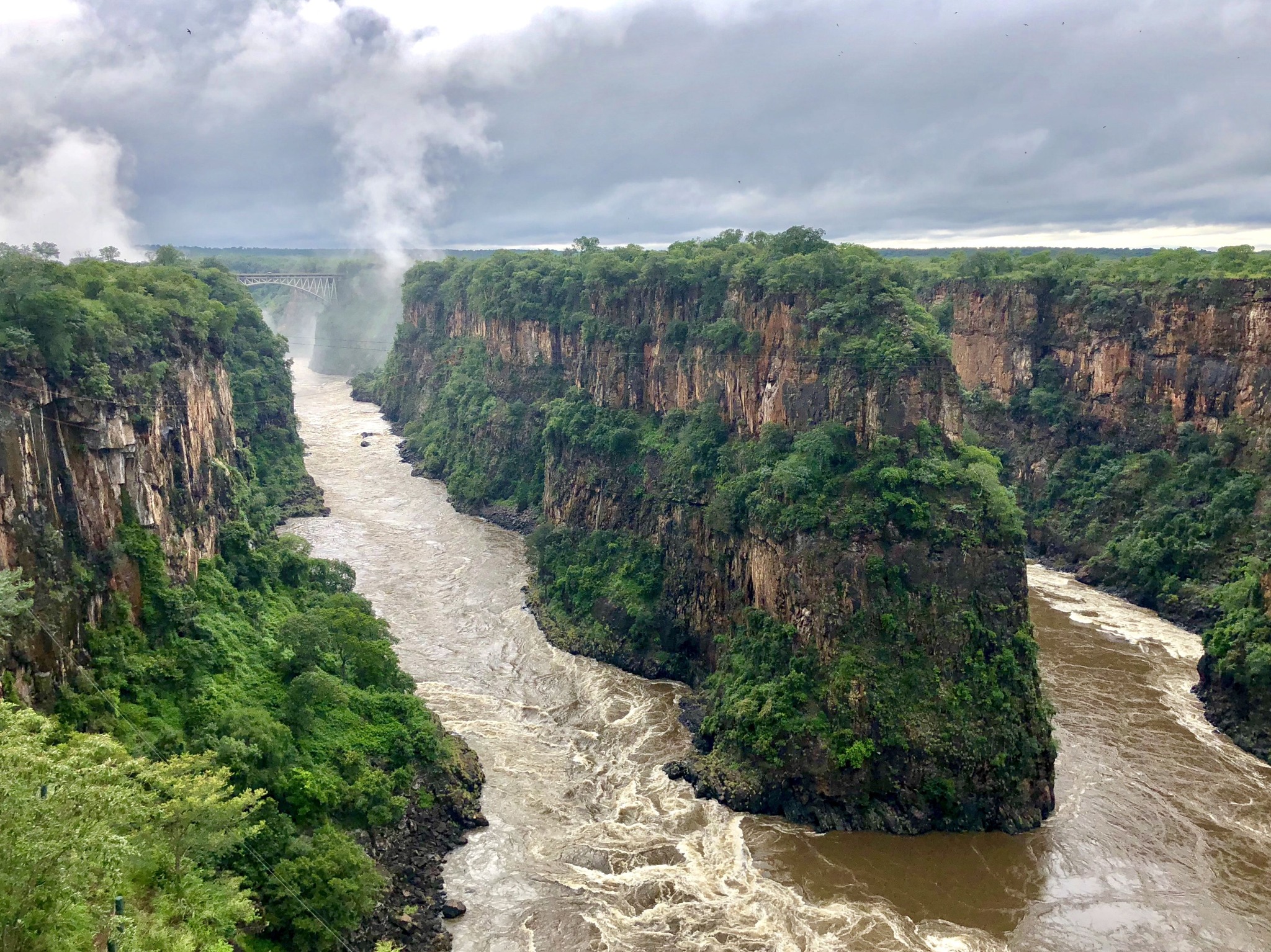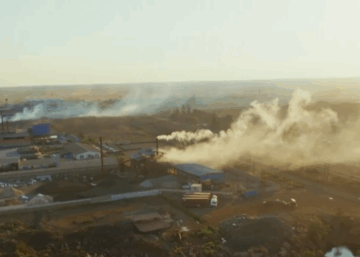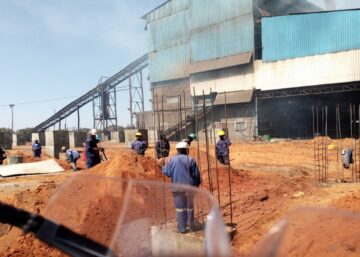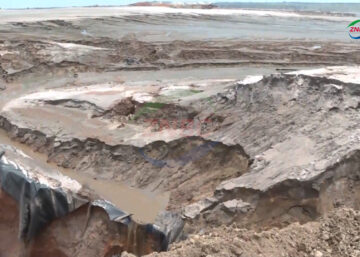Status: Open Case (Red Flag)
Last updates:
- Apr. 2024: ZRA is set to resume tendering for prospective developers of the project, starting 2025
- Sep. 2023: UNESCO has given Zambia and Zimbabwe permission to build a $5 billion hydroelectric dam downstream from Victoria Falls
- Jun. 2023: Zambia canceled the construction contract, citing high costs and failure to follow the proper procurement procedures
Concerns:
- Flooding threats
- Long-lasting consequences on the Zambezi ecosystem
- Massive displacement of communities and people
- Negative impact on tourism sector
- Victoria Falls World Heritage Site in danger
- Failure to follow the proper procurement procedures
Context:
The proposed Batoka Gorge Hydroelectric Power Station is a $5 billion, 2400 MW hydroelectric power station, which will be built on the Zambezi River to help satisfy Zambia’s and Zimbabwe’s rising energy demand, with financial backing by the African Development Bank.
The project will be located on the Zambezi River, 47km downstream of the World Heritage Site Victoria Falls.
The current project, implemented by the Zambezi River Authority (ZRA), is for two power plants, one in Zambia and one in Zimbabwe, each with an installed capacity of 1200 MW.
In June 2019, the construction contract was awarded to a consortium of US-based General Electric and the Chinese PowerChina. Work on the project was scheduled to begin in 2020 but encountered several obstacles, including disruptions brought by the COVID-19 pandemic and difficulties in securing funding. The contract was canceled four years later, citing financial and procurement reasons.
In September 2023, UN agency UNESCO granted permission to build the dam. This came after UNESCO had received complaints by environmentalists that the Batoka project would affect the Victoria Falls and had sent inspectors. “They looked at the reports and our presentations and agreed that Batoka could go ahead” (Munyaradzi Munodawafa, CEO of ZRA). However, in October 2023, UNESCO refute claims that it had approved the $5 billion hydro power project.
As of April 2024, ZRA is set to resume tendering for prospective developers of the project, starting next year, though it is still unclear whether or how the project will address the financial concerns raised earlier.
Waving the red flag:
The project’s proximity to the World Heritage Site Victoria Falls has raised numerous doubts and concerns by local communities, activists, and the tourism industry.
- Critics argue that the dam poses a flooding threat to the river rapids;
- The forming of a narrow, deep-water reservoir behind the dam is expected to have consequences on the local ecosystem; this might affect also the Kariba lake’s ability to sustain large fish populations;
- The project will also result in massive displacement and resettlement of people and communities in the surrounding area;
- The dam will affect the tourism industry generated by the current Batoka Gorge and the wider Zambezi basin, including whitewater rafting, fishing tourism, and nature tourism;
- The dam could cause the river to back up to within 650m of Victoria Falls, according to some. This would violate the preservation boundary prescribed by the UNESCO World Heritage Site agreements and endanger the World Heritage Site;
- The project was said to not have adhered to procurement procedures; moreover, it is unclear whether or not the project has been approved by UNESCO or whether the government will proceed with no regard to the concerns raised posing significant corruption risks.
Earlier concerns advanced by activist groups had succeeded in having the UNESCO analyze the dam’s environmental impact on the World Heritage Site. After last year’s greenlight by UNESCO, it is unclear whether existing concerns will be still taken into account.
External references:
Image source: A’Zambezi River Lodge









24 June 2024, 22:59
We should tread carefully and take all aspects into consideration.